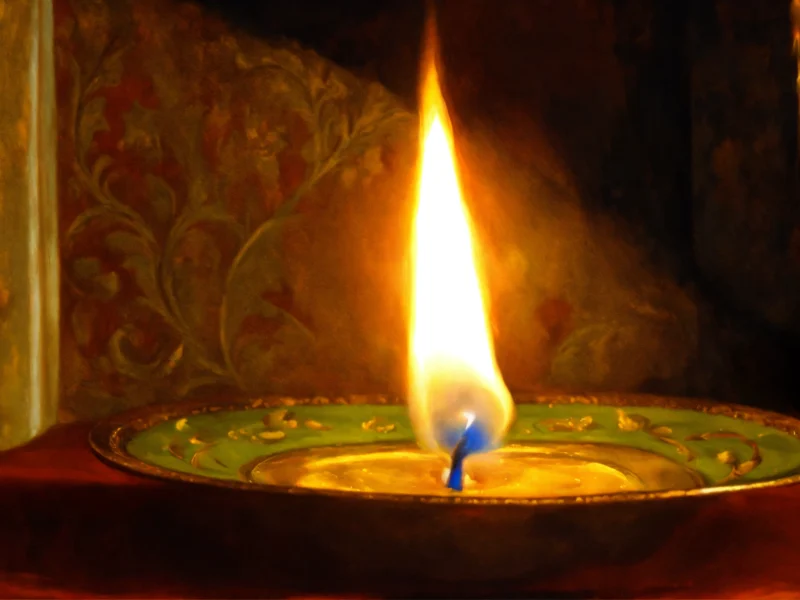The Significance of Visiting Ancestral Villages
Visiting ancestral villages or places of origin during Shraaddha ceremonies or Pitru Paksha holds cultural and spiritual significance in Hindu traditions. Here’s why it is considered important:
- Ancestral Connection: Visiting ancestral villages allows individuals to connect with their roots and heritage. It provides a sense of belonging and a deeper understanding of one’s family history. This connection is integral to the Shraaddha ceremonies, as it reminds individuals of their lineage and the importance of honoring their forefathers.
- Paying Homage at Ancestral Shrines: Many families have ancestral shrines or temples in their villages where they perform Shraaddha rituals. Visiting these shrines during Pitru Paksha allows them to pay homage to their ancestors in the place where their family history and traditions originated. It is believed that performing rituals at these sacred sites is especially auspicious and spiritually significant.
- Spiritual Cleansing: Visiting ancestral villages can be a spiritually cleansing experience. It provides an opportunity for introspection and reflection on one’s ancestral legacy. It allows individuals to seek blessings from their ancestors in a serene and familiar environment, which can enhance the efficacy of the Shraaddha ceremonies.
- Maintaining Family Ties: In some cases, visiting ancestral villages helps maintain family ties and connections with relatives who still reside in those areas. It fosters a sense of community and unity among family members, reinforcing the importance of familial bonds and shared traditions.
- Enhancing the Ritual Experience: The physical act of visiting ancestral villages adds a layer of authenticity and depth to the Shraaddha rituals. It allows individuals to connect with the physical and spiritual landscapes associated with their ancestors, making the rituals more meaningful and heartfelt.
- Offering Prayers at Ancestral Graves: Many families have ancestral graves or burial sites in their villages. Visiting these sites during Pitru Paksha provides an opportunity to offer prayers, flowers, and other offerings directly to the resting place of ancestors. It is believed to bring peace to the departed souls and strengthen the bond between the living and the deceased.
- Fulfilling Ancestral Duties: Hinduism places great importance on fulfilling one’s duties and obligations, including those toward one’s ancestors. Visiting ancestral villages and performing rituals at these locations is seen as a way of fulfilling these ancestral duties and maintaining the traditions passed down through generations.
- Sense of Pilgrimage: For many, visiting ancestral villages during Pitru Paksha is akin to embarking on a spiritual pilgrimage. It is an opportunity to connect with the divine, seek blessings, and engage in acts of devotion and reverence for one’s forefathers.
Visiting ancestral villages during Shraaddha ceremonies or Pitru Paksha is considered important for its role in strengthening familial bonds, connecting with one’s roots, and deepening the spiritual experience of honoring one’s ancestors. It serves as a tangible and sacred journey that reinforces the significance of ancestral worship and the continuity of family traditions.


